Game 6 was played 35 years ago today.
The date was May 16, 1980, and the Sixers were trying to even the NBA Finals at the Spectrum. The L.A. Lakers were holding a 3-2 edge, but Kareem Abdul-Jabbar sprained an ankle so badly in Game 5 and that he didn’t even make the trip to Philadelphia to play in Game 6.
If the Sixers evened the series in Game 6 that night – as expected due to Kareem’s absence – things were looking rosy for an NBA championship for the Sixers because Kareem was already listed as “doubtful” for Game 7.
That year – 1980 – was an exciting year for Philadelphia sports fans. Before the end of the year, they would experience both the thrill of victory and the agony of defeat with all four teams.
Reggie Leach scored 50 goals and Bobby Clarke added 57 assists as the Flyers won their division and advanced thru the playoffs to the Stanley Cup Finals.
At the moment, they were locked at one game each with the New York Islanders after splitting the first two games at the Spectrum.
The Islanders would sweep the next two games at Madison Square Garden, but the Flyers would top the Islanders 6-3 in Game 5 back at the Spectrum on May 22. Then came the infamous Game 6 in Flyers history.
Back in Madison Square Garden on May 24, Game 6 went into sudden death tied at 1-1. That’s when Clark Gillies led a break into the Flyers zone and dropped a pass backward to Butch Goring who was trailing the play.
Gillies’ pass clearly passed back over the blue line and the play should have been stopped for off-sides. Referee Leon Stickle was standing right there on the blue line with a perfect view of the play. But instead of blowing the whistle to stop play, Stickle raised his arms to a parallel position to indicate that there was no violation.
Goring then squeezed a pass through the Flyers defense to Duane Sutter –who redirected the puck past Pete Peeters to end the game 2-1 in favor of the Flyers and win the Stanley Cup for the Islanders.
Watch the video below to see the play. It loops twice and pauses when the pass comes back over the blue line so that you can clearly see the violation.
Meanwhile, the Phillies were off to a slow 13-and-13 start. But behind Mike Schmidt’s 48 home runs and 121 RBIs, Steve Carlton’s 24-9 record with a 2.34 ERA, and Pete Rose’s constant spark, the Phillies came back to win the NL East with a record of 91-and-71.
The Phils then beat the Houston Astros 3-2 in a thrilling NL Championship Series, and beat the Kansas City Royals four games to two in the World Series.
Come football season, under head coach Dick Vermeil, the Eagles won the NFC East at 12-4 behind Ron Jaworski, Harold Carmichael, and Wilbert Montgomery. In the playoffs, the Eagles defeated the Minnesota Vikings 31-16 and the Dallas Cowboys 20-7 to advance to Super Bowl XV.
Unfortunately, the Birds lost 27-10 to Oakland Raiders.
Now back to the Sixers NBA Finals series with the Lakers.
Seven players averaged double figures during the 1979-1980 season – Julius Erving 26.9, Darrly Dawkins 14.7, Doug Collins 13,8, Bobby Jones 13.0, Lionel Hollins 12.2, Steve Mix 11.6, and Mo Cheeks 11.4 – but the Sixers finished in second place in the Atlantic Division with a record of 59-23 – two games behind the Boston Celtics. But the Sixers put it all together in the playoffs.
They swept the Washington Bullets 2-0 in a best-of-three, beat the Atlanta Hawks four games to one, and did the same thing to Larry Bird, Tiny Archibald, Dave Cowens, and the Boston Celtics.
Now, on May 16, 1980, they were trying to even the series in Game 6 against a Lakers team that was without star Kareem Abdul-Jabbar. The Lakers were pinning their hopes on Jamaal Wilkes, Norm Nixon, and rookie Magic Johnson.
That rookie – Magic Johnson – started the game at center and played all five positions during the game. He scored a game-high 42 points, grabbed a game-high 15 rebounds, and dished out 7 assists in one of the most unexpected and dominating performances in the history of the NBA playoffs.
The Lakers closed out the Sixers with a crushing 123-107 victory in front of 18,726 disappointed fans in attendance at the Spectrum.
For the season, it would be three agonies of defeat and one thrill of victory – but every Flyers game, every Sixers game, every Phillies game, and every Eagles game added up to one of the most exciting years in the history of sports in Philadelphia.
Barry Bowe is the author of Born to Be Wild, 1964 – The Year the Phillies Blew the Pennant, and 12 Best Eagles QBs.
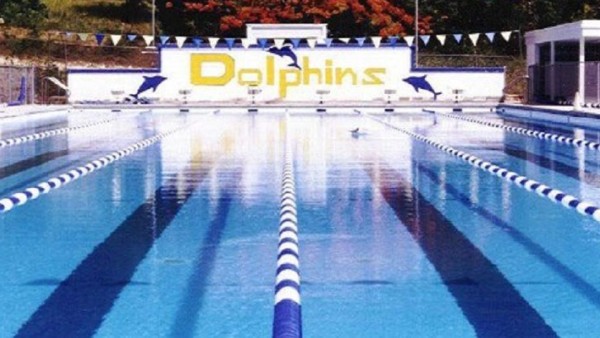
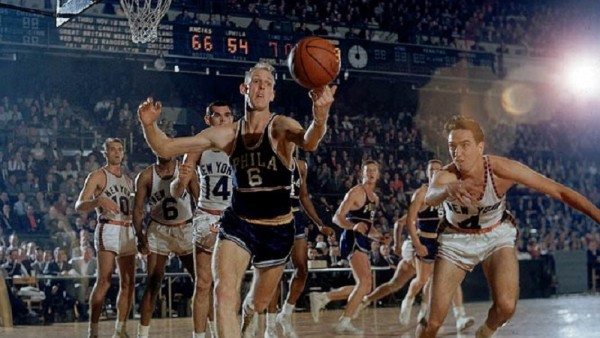
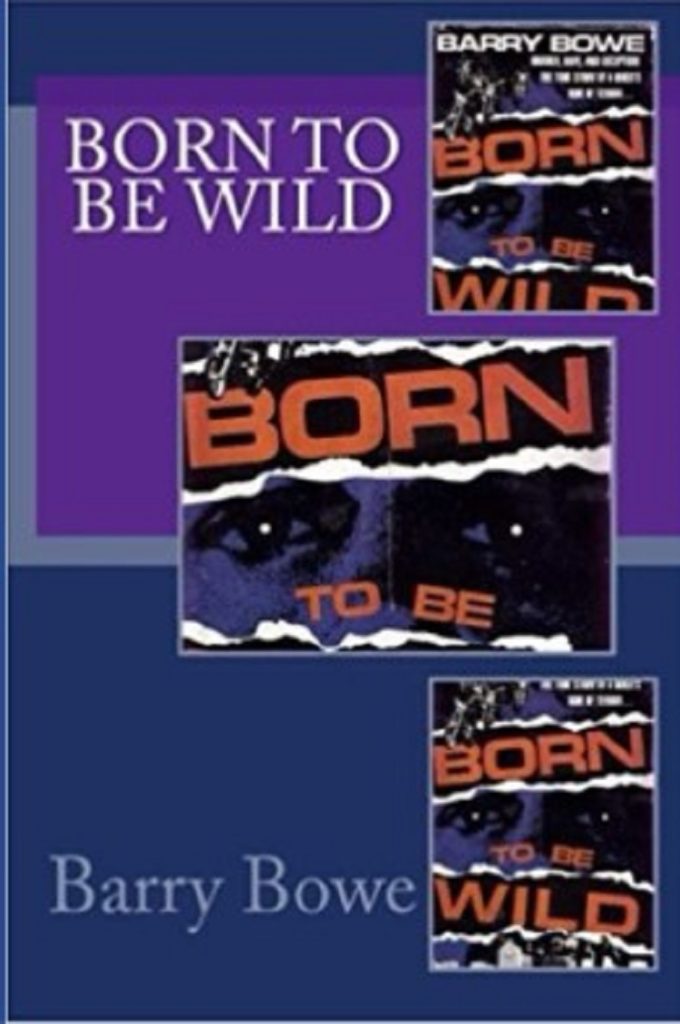
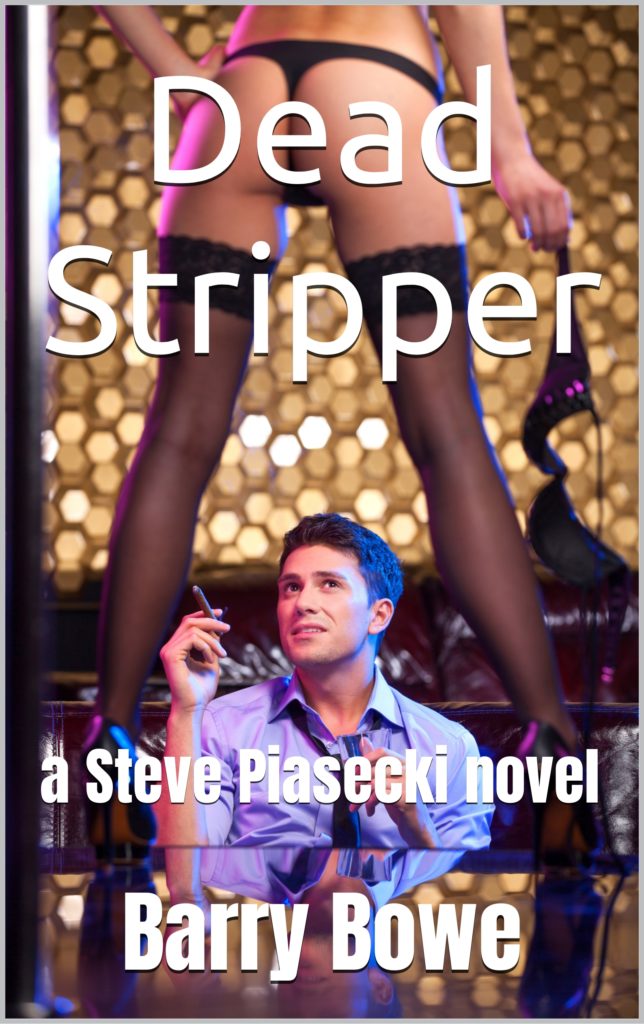
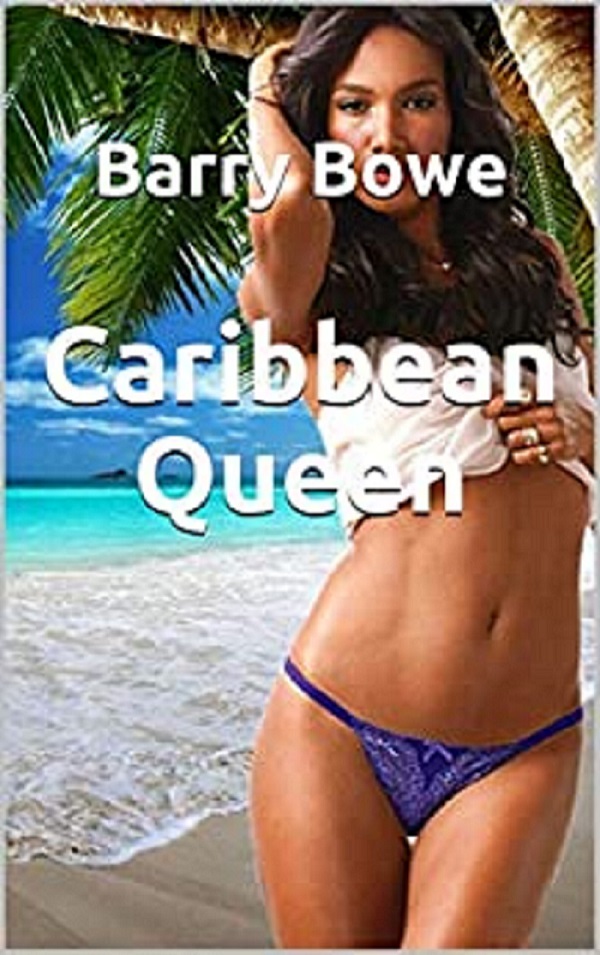
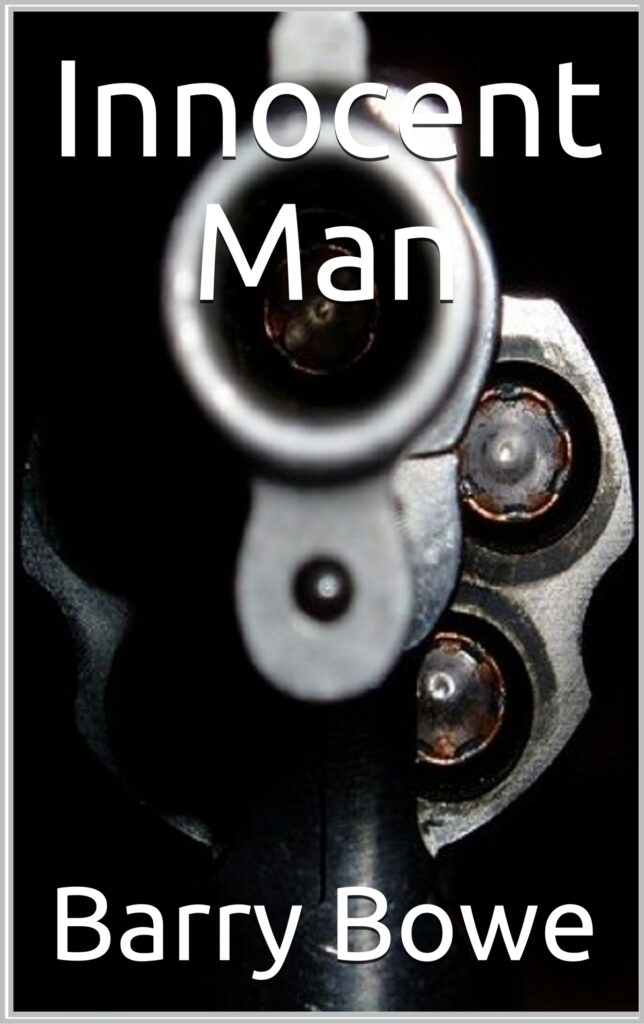
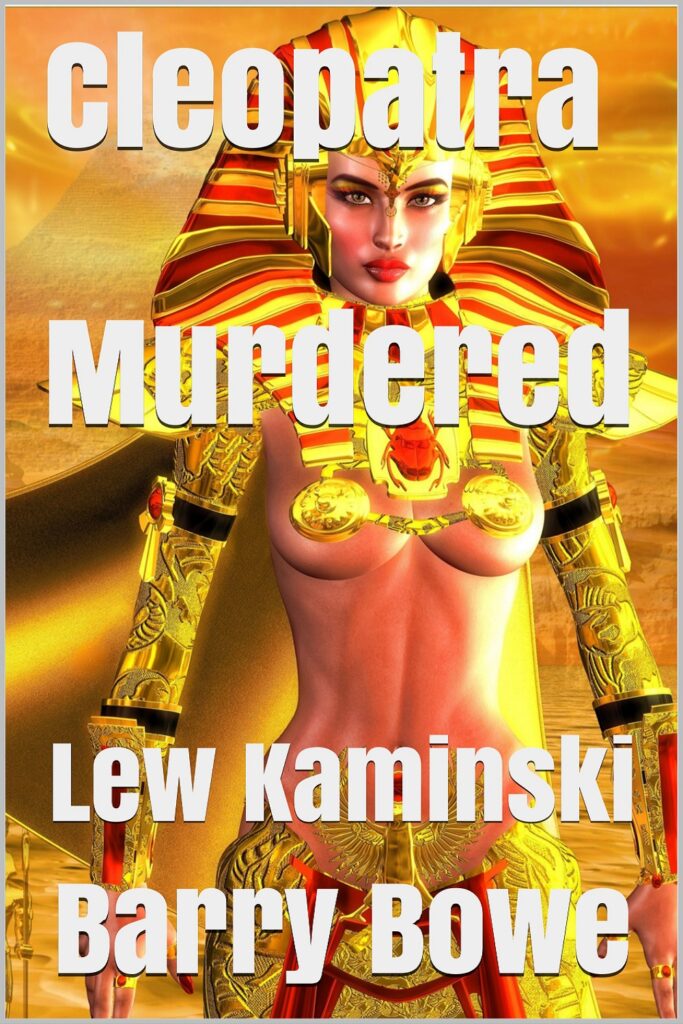
Comments
No Comments